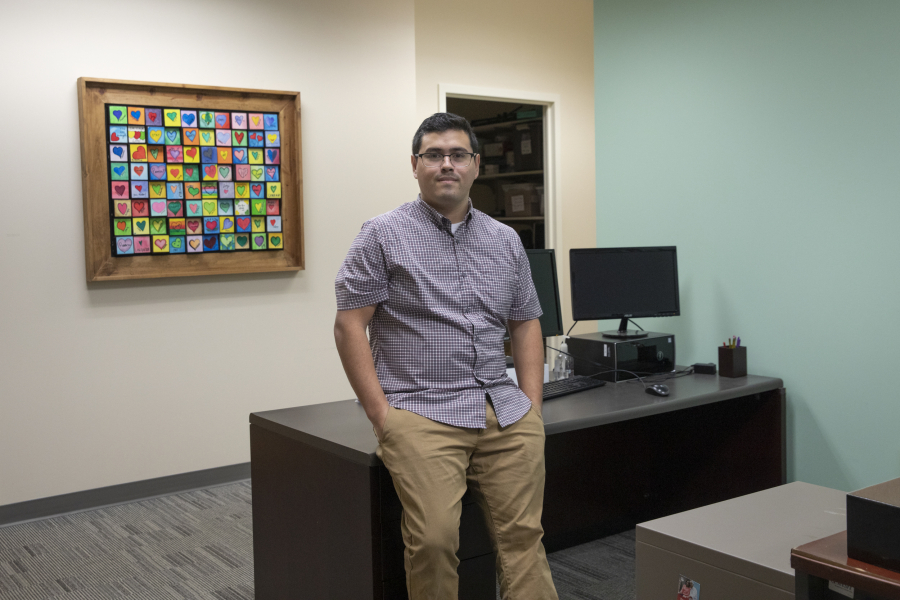Navigating the mental health care system can be difficult, sometimes leaving people feeling confused and frustrated.
Having experienced some of the challenges firsthand, representatives from the Office of Behavioral Health Advocacy want community members to know that the organization can offer support and guidance while navigating the mental health care system.
In Washington, the Office of Behavioral Health Advocacy replaced Behavioral Health Ombuds after the passage of House Bill 1086 in May 2021. The new office went live on Oct. 1, 2022, across the state.
David Rodriguez serves as the behavioral health advocate for the Southwest Region of Washington, including Clark, Skamania and Klickitat counties. He works out of the National Alliance on Mental Illness’ Southwest Washington office.
“I have both lived and professional experience in the field,” Rodriguez said. “As a peer, you have been through the system as well. So you understand what people might be going through when somebody’s trying to advocate for themselves to get the services that they need. That mutual understanding … opens up the door for empathy.”
Rodriguez grew up in an unstable family in which there were not conversations about mental health, he said. After experiencing aspects of neglect, Rodriguez knew early on that he wanted to help serve at-risk youth and expand access to mental health care services.
As a behavioral health advocate, Rodriguez spends much of his day supporting individuals and families by referring them to various mental health resources around the three-county area he serves. He also helps individuals and families to identify, investigate and resolve issues such as complaints at the agency level, grievances, appeals and the administrative hearing process.
As an advocate, he uses a trauma-informed approach to increase access to services and help empower individuals in their behavioral health journey, according to Rodriguez.
“(My job is about) ensuring that individuals and families get the services that they need and that they’re appropriate to meet their needs,” Rodriguez said. “It’s an opportunity to work with providers and communities and really help to advocate for a better system — a system that works and doesn’t lose people within the cracks.”
Services through the Office of Behavioral Health Advocacy are available for free to all community members, according to Rodriguez. Some reasons individuals may consider reaching out to a behavioral health advocate include concerns over mental health services, a disagreement with a decision affecting services, rights violations, or a need for assistance regarding whom to call for help.
“Our main job is to empower (individuals) to advocate for themselves,” said Michelle Tinkler, director of the Office of Behavioral Health Advocacy.
To learn more about the services offered by the Office of Behavioral Health Advocacy, visit obhadvocacy.org. To access services in Southwest Washington, contact David Rodriguez at 509-434-4951 or southwestern@obhadvocacy.org.




